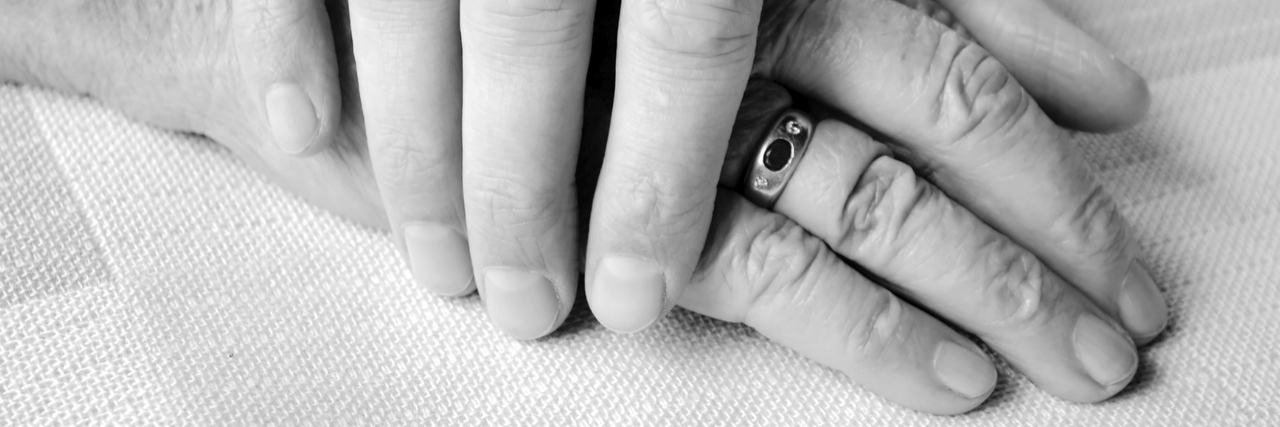Since my son Jake’s death, we have become members of a very exclusive group: the grief community. The only prerequisite to join is that you have lost someone or something that is precious to you. It can be a loved one, family member, relationship, home or a precious memento. There are so many things to lose. And, of course, the degree of grief varies with the type of loss. The worst is when someone you love dies. It is so final. With a home, you can rebuild. With a relationship, you can forge a new one. You can find another job, pocket watch or iPhone. Death, on the other hand, is irreversible.
This community doesn’t get much publicity. It isn’t a secret society, per se, but it doesn’t exactly advertise for members. There are myriad resources for us: web sites, discussion groups, chat rooms, blogs and books, all for the purpose of providing support and whatever comfort there may be in “company.” After all, aren’t we told, “misery loves company”? Well, there is plenty of company out there, and plenty of misery, too. There are groups of every description for every type of loss. But anyone who has ever worked with grieving people or anyone who has suffered the loss of a loved one most likely agrees that the loss of a child is unique.
There is no other human experience with which to compare it. People are born, they live, they die. That’s the way of life. But when a child dies before his or her parents, it’s a disruption of the natural order — an abomination. The world suddenly turns topsy-turvy, and nothing is ever the same. Parents aren’t supposed to bury their children. They just aren’t.
Our children are a part of us, literally. They carry our DNA; we created them. When we lose a child, a piece of us dies with them, leaving an empty space in our being that can never be filled. There are many groups for parents who have lost children, at every age from every cause, but the overarching theme that unites us all is the anguish, the heart-wrenching sense of loss and the pain, both physical and emotional of our children being cheated out of their future, and us out of ours. It’s such a tragic waste. Some parents may think about it and try to conceive what it would be like. The reality is like nothing you can ever imagine.
I have spoken via the internet, messages, telephone and emails with many parents who are grieving for their lost children of all ages, from all causes, from just a few months ago to 10 years on and more. It’s an amazingly diverse and compassionate group. And the benefit, if you can call it that, is that these people know what you’re feeling, no matter how old their child was when he or she died, no matter from what cause.
There are subtleties of perception, differing perspectives and various ways of dealing with it, but at the core, the degree of pain is identical for everyone. It’s an unbearable agony that has to be borne. These people have been through it and are going through it with you. We all have insights to offer each other from wherever on the road we happen to be. It’s a constantly changing landscape. For those of us who have chosen to chronicle the “after” lives we now lead, there are many similarities in what we write. The experience manifests itself in so many different ways, yet all so alike.
It may not help by having someone who “gets it” to talk to. Sometimes I think nothing can make any difference one way or the other, but it doesn’t hurt, either. There are now only two kinds of people in this world: Those who have lost children and those who have not. We belong to the horrific club no one wants to join; the cost of initiation is far too high.
There is some comfort in knowing we aren’t alone or that I’m not expected to behave in some specific way at pre-determined intervals. I can just do and feel whatever the hell I do or feel whenever the hell I feel like it, and that’s OK. It may not sit well with people who have no sense of what we’re going through (everyone who’s in the “haven’t lost children” group). They might expect us to follow some idealized grief timetable to “get over it” or “move on.” But with my people — those of us in the terrible fellowship — they know there is no getting over it. Whatever, whenever is just fine with them.
Follow this journey on The Infinite Fountain.
Lead photo source: Thinkstock Images

